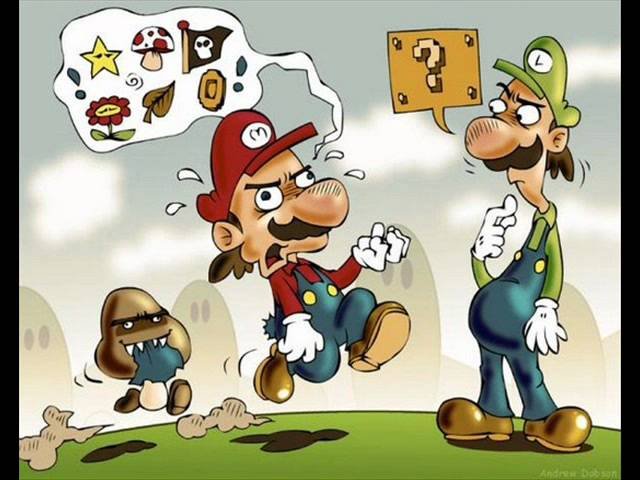Psychological Trigger Points in Online Games: Key Factors to Attract Players
Introduction:
Online games have become a thriving industry, with millions of players worldwide engaging in various gaming experiences. Behind the success of these games lies a deep understanding of human psychology and the implementation of specific trigger points that attract and captivate players. This article aims to explore the psychological factors that game developers utilize to entice and retain players in the online gaming realm.
Achievement and Progression:
One of the most powerful psychological triggers in online games is the sense of achievement and progression. Players are motivated by the opportunity to level up, unlock new abilities or items, and overcome challenges. The feeling of accomplishment and advancement provides a sense of fulfillment, encouraging players to continue playing and investing their time in the game.
Social Interaction and Community:
Humans are inherently social beings, and online games tap into this fundamental need for connection. Incorporating features that facilitate social interaction, such as multiplayer modes, guilds, or chat functions, creates a sense of community within the game. The ability to collaborate, compete, or simply communicate with other players enhances the overall gaming experience and fosters player engagement.
Reward Systems:
One of the most effective psychological techniques used in game development is the implementation of reward systems. By providing players with frequent rewards, such as points, achievements, or in-game currency, developers tap into the human desire for instant gratification. This creates a sense of accomplishment and motivates players to continue playing.
Variable Rewards:
Building on the concept of rewards, game developers often utilize variable reward schedules to maintain player interest. Instead of providing rewards at predictable intervals, they introduce randomness into the reward system. This taps into the psychological principle known as intermittent reinforcement, where players become more engaged as they anticipate uncertain rewards.
Competition and Leaderboards:
The competitive nature of online games appeals to players' innate desire for achievement and recognition. Incorporating leaderboards, rankings, or competitive modes creates a sense of competition among players. The opportunity to showcase skills, compare progress with others, and strive for the top spot fuels motivation and engagement.
Personalization and Customization:
Online games that allow players to personalize their characters, avatars, or game environments tap into individuals' need for self-expression and uniqueness. The ability to customize various aspects of the game experience, such as appearance, abilities, or gameplay style, provides a sense of ownership and personal investment. This psychological trigger enhances player engagement and attachment to the game.
Challenge and Skill Development:
Humans have an inherent desire for challenge and growth. Online games that offer a balance between difficulty and achievable goals tap into this psychological trigger. By providing challenging quests, puzzles, or competitive gameplay, players are motivated to improve their skills and overcome obstacles. The sense of mastery and progress fuels player satisfaction and encourages continued play.
FOMO (Fear of Missing Out):
The fear of missing out is a powerful psychological trigger that game developers often leverage. Limited-time events, exclusive rewards, or time-limited offers create a sense of urgency among players. The fear of missing out on unique experiences or valuable items drives players to stay engaged and invest more time in the game.
Conclusion:
Understanding the psychological triggers that attract and retain players in online games is crucial for game developers seeking success in the industry. By incorporating elements such as achievement and progression, social interaction, rewards and incentives, competition and leaderboards, personalization and customization, challenge and skill development, as well as FOMO, developers can create engaging gaming experiences that captivate players' attention and foster long-term engagement.
